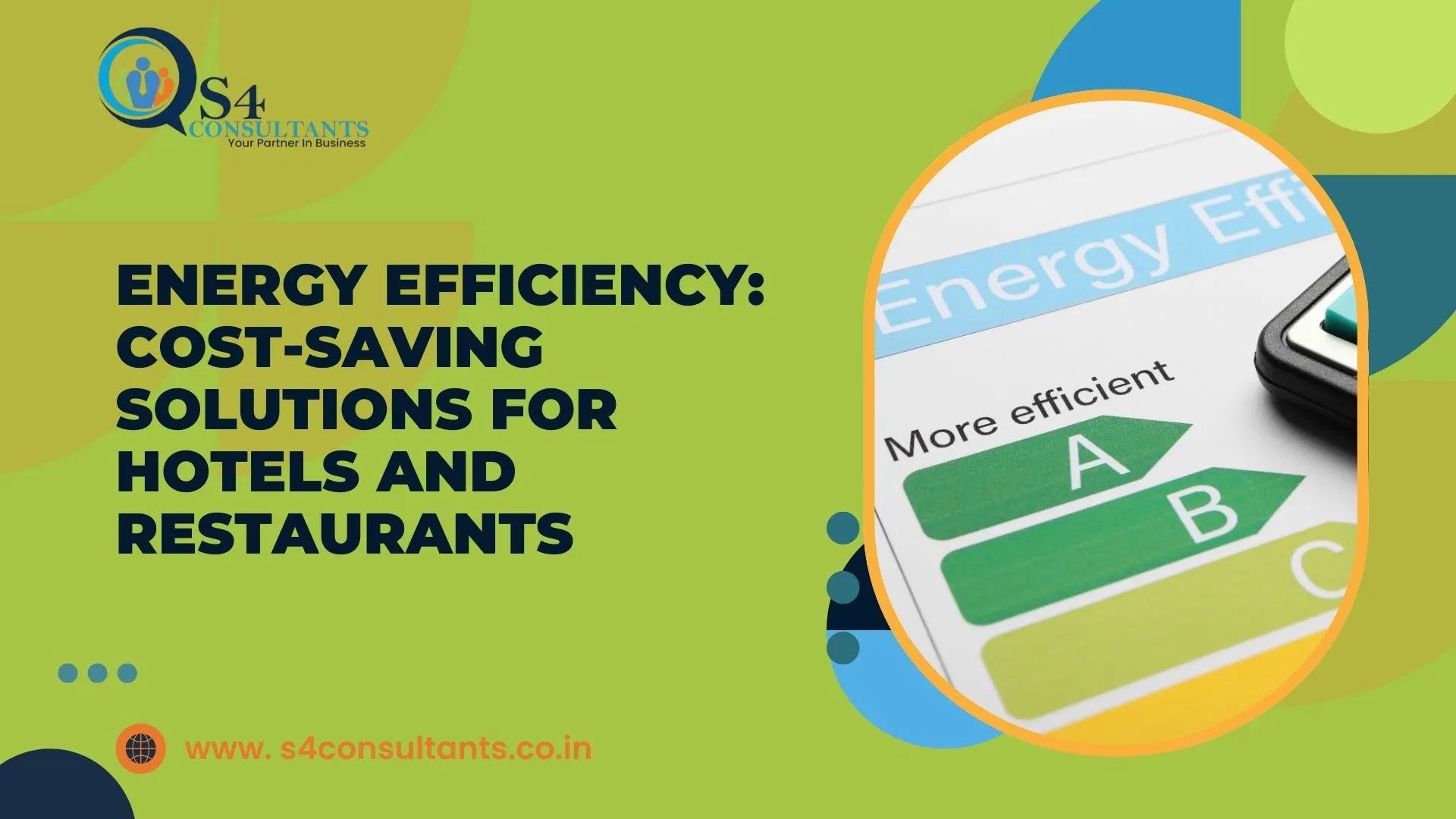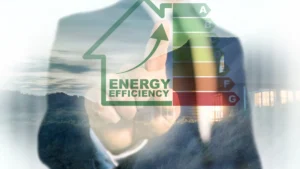How to Use Data & Customer Feedback to Improve Service & Operations
October 15, 2025

In the hospitality industry, operational costs can often overshadow profits, especially due to high energy consumption. Focusing on energy efficiency cuts costs and aligns with sustainable practices. Hotels and restaurants can benefit significantly by adopting energy-efficient solutions. This guide outlines actionable strategies to achieve energy efficiency in restaurants and hotels while enhancing overall operations.
Hotels and restaurants rely heavily on energy-intensive equipment, from HVAC systems to kitchen appliances. Lighting, heating, and cooling are the primary contributors to energy usage. In addition, inefficient equipment often results in unnecessary energy wastage.
Rising energy costs make it difficult for hospitality businesses to maintain profitability. Additionally, many operators lack awareness of energy conservation in hotels and restaurants, leading to missed opportunities for savings.
Heating, ventilation, and air conditioning systems account for significant hotel energy consumption. Regular maintenance ensures that HVAC systems operate efficiently. Replacing old systems with energy-efficient alternatives can lead to significant savings. Installing programmable thermostats optimizes energy usage by maintaining ideal temperatures only when needed.
Switching to LED lighting reduces energy consumption drastically. LEDs last longer and consume less power compared to traditional bulbs. Adding motion sensors and automated lighting controls ensures that unused areas remain unlit, further promoting energy efficiency.
Hotels can reduce reliance on traditional grids by investing in renewable energy sources. Solar panels, for example, generate clean energy and often come with government incentives, reducing installation costs. Over time, these solutions contribute to both cost savings and sustainability goals.
Energy-efficient kitchen appliances are crucial for reducing electricity usage. Investing in Energy Star-rated ovens, refrigerators, and dishwashers ensures optimal energy consumption without compromising performance. Energy Star-rated appliances specifically minimize energy wastage, making them essential for energy-efficient restaurants.

Staff training plays a critical role in promoting energy-saving practices. Teaching employees to switch off equipment when not in use and adopt batch cooking can make a significant difference. Reducing idle energy use during non-peak hours is another effective strategy.
Water efficiency goes hand-in-hand with energy conservation in restaurants. Installing low-flow faucets and regularly checking for leaks ensures minimal water wastage. Conserving hot water also reduces the energy used for heating.
Energy management systems provide real-time insights into energy consumption patterns. These systems help identify inefficiencies and suggest actionable improvements. Hotels and restaurants can rely on EMS to make informed decisions about energy usage.
Smart technology, like IoT devices, automates energy usage based on occupancy. For example, smart thermostats adjust room temperatures when guests check out, ensuring energy efficiency in restaurants and hotels without manual intervention.
Engaging employees in energy-saving initiatives is essential. Providing training on energy-efficient practices ensures that staff understand their role in conservation efforts. Simple actions, such as turning off lights or unplugging unused devices, can have a collective impact.
Guests can also contribute to energy conservation in hotels. Programs like towel reuse or reminders to turn off lights when leaving their rooms encourage eco-friendly behaviour. Providing visible signs of sustainability initiatives enhances guest satisfaction while promoting environmental responsibility.

Implementing energy-efficient practices leads to direct savings. For example, upgrading to energy-efficient appliances or installing LED lights can reduce monthly utility bills. These savings add up over time, boosting profitability.
Governments often provide subsidies and tax benefits for businesses adopting sustainable practices. Understanding and leveraging these incentives can offset initial investment costs. Consulting with hotel consulting services can help navigate available benefits.
Read Also: Modern Banquet Operations: Streamlining Large-Scale Events
A luxury hotel in India recently installed solar panels, resulting in a 30% reduction in energy costs. Similarly, a small restaurant switched to Energy Star-rated appliances, cutting utility bills by 20%. These examples highlight how adopting energy efficiency in restaurants and hotels yields tangible benefits.
Energy efficiency is no longer optional for the hospitality industry; it is a necessity. Hotels and restaurants that embrace sustainable practices can enjoy significant cost savings while enhancing their reputation among eco-conscious guests. By implementing the strategies outlined above, businesses can achieve long-term success and contribute to a greener planet.

October 15, 2025

September 4, 2025

© Copyright 2025 Consult S4 Consultant, Designed by That Rank thatrank.com

